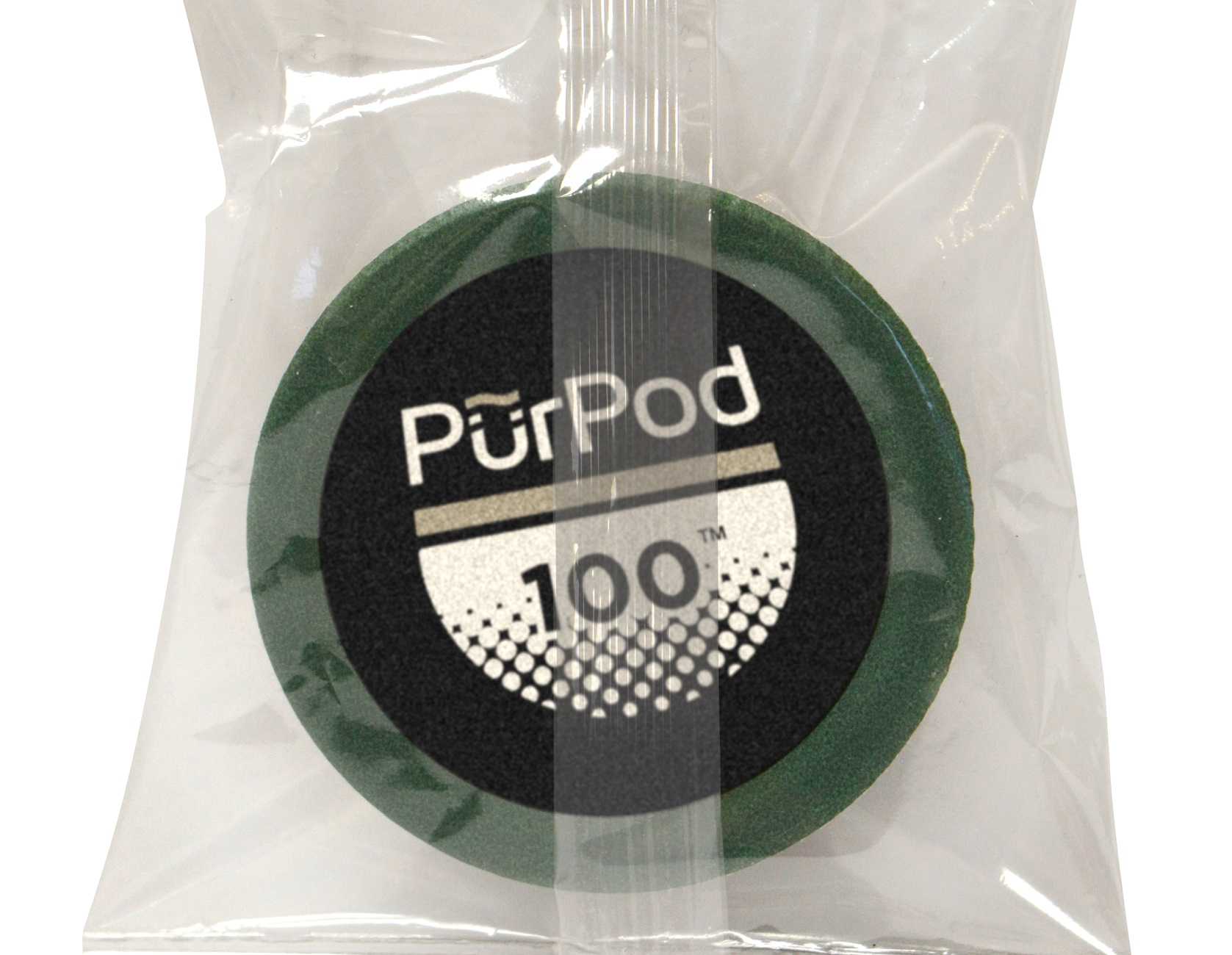TORONTO, Canada — Club Coffee, the leader in plant-based, compostable single serve coffee pods, today announced it will introduce a new compostable pod compatible with Nespresso Original Line brewers and is moving to compostable packaging for its single serve pods. These further innovations are fueled by the significant 40% growth in national branded compostable pod sales. Consumers voices are clear: they don’t want plastic.
Club Coffee was the first company in North America to develop a BPI Certified plant-based coffee pod, making it a key partner to brands including Ethical Bean, Jumping Bean, Muskoka Roastery, Melitta Canada, McCafe and President’s Choice® for their compostable single serve choices.
The consumer success of Club Coffee’s plant-based compostable coffee pods has driven expansion with national brands. Recent 2018 Nielsen data* shows a 40% sales increase in national branded compostable pod sales, which is outpacing the market growth of -0.9%. This increased growth is signaling a strong consumer demand for these environmentally-friendly options as alternatives to single-use plastics.
“With consumers turning against plastic coffee pods and other single use plastics, brands see that plant based compostable single serve formats deliver big results. This is great news for our customers and their consumers,” says John Pigott, Club Coffee CEO. “The demand for espresso pods is growing fast and as the market leader, we are pleased to offer our customers the opportunity to dominate this exploding market with a plant based, compostable pod.” Brands will be able to roll out the Nespresso compatible plant-based pods later this year.
Pigott also announced that Club Coffee is also on track to a full brand compostable ecosystem. New innovations include compostable freshness overwrapping for individual pods and the introduction of fully compostable packaging for larger quantities of pods in 2020.
“The data is clear,” says Pigott. “Consumers love compostable – especially when the alternative is petro-plastic that recyclers typically don’t want.” Last year, an estimated 56 billion coffee pods were sent to landfills.
That backlash against plastics is picking up steam with growing health concerns about the chemicals in food packaging such as plastic pods. As Safer Made noted in a recent report, “As people become aware of packaging’s pollution and health impacts they are seeking safer packaging. Brands and retailers need to make their packaging safer for people and the natural world.” https://www.safermade.net/packaging-report
Club Coffee received the 2018 Waste Wiki Environmental Leadership Award for its original work developing a compostable single-serve pod. The research group praised Club Coffee for developing “an innovative compostable solution that maximizes environmental impact at the lowest possible cost.”
“A conventional single serve coffee pod is made of plastic, has a liner and is extraordinarily difficult to recycle,” says Dr. Calvin Lakhan, research scientist with Canada’s largest waste research project “The Waste Wiki Project” at York University in Toronto. “Compostable pods abate twice as much carbon when compared to plastic pods, but at approximately 1/20th of the cost – it is both the economically and environmentally preferred option.”
PῧrPod100™ uses plant-based components including the lid, ring, coffee and mesh to create a format that enables consumers to smell the coffee in the pod. In addition to certification, it was the first single serve pod approved by the Compost Manufacturing Alliance (CMA), representing major American composters.
“Our network of compost facility owners appreciate that extra steps have been taken to field test the disintegration of the PurPod100™ in various composting processes, as spent coffee is a highly valued input for making great soils amendments,” said CMA managing director Susan Thoman.
Club Coffee has a demonstrated commitment to innovation and to helping its brand partners meet changing consumer demands. In the case of PῧrPod100™ and the new innovations being rolled out, consumers are not forced to trash their coffee pods after brewing. Consumers can compost it all conveniently if they have curbside or depot composting programs that accept certified compostable pods and packaging.
Composting, the biological decomposition of food or plant waste, is an environmentally responsible way to dispose of coffee grinds. Composters love coffee grinds as they put valuable nutrients back into the soil via compost. These innovations are one way of dealing with the eight million metric tons of single-use and other plastic entering the world’s oceans every year, their growing proliferation in the environment and the human health risks associated with chemicals used in food packaging plastics.










